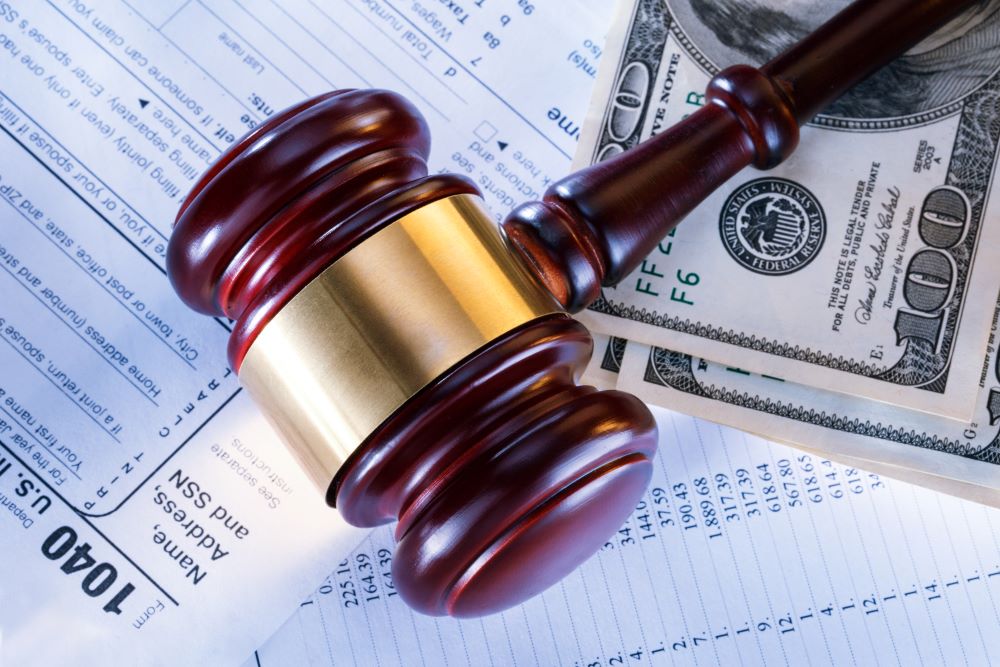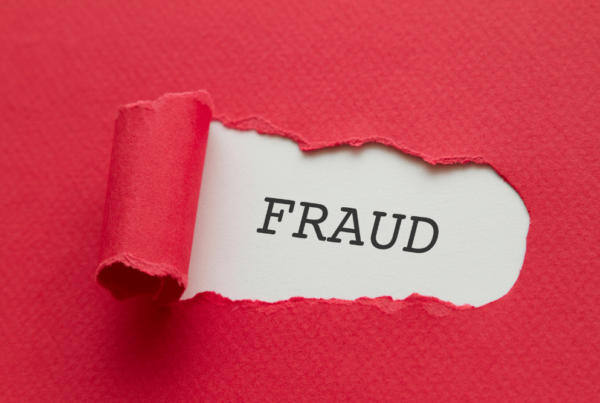In August 2023, an Iowa man found himself facing criminal charges for failing to pay employment taxes or file a federal tax return. Failing to report taxes might seem like a victimless crime for Iowa workers and business owners. However, this recent case shows just how seriously the federal government takes tax evasion.
Taking a closer look at how this man ended up facing criminal charges can help others identify when their business practices might not be above board. One man’s mistake can serve as a cautionary tale, helping others avoid the same fate.
Case Study: Failure to Pay Employment Taxes in Iowa
This willful tax evasion case study centers around a 50-year-old owner of a concrete business in the Southern District of Iowa. The man’s business records show that during the fourth quarter of 2019, he failed to pay around $9,000 in taxes.
This money should have gone toward paying employee taxes under the Federal Insurance Contribution Act, also known as FICA. Not only did the business owner fail to pay these mandatory taxes, records further show that the business owner failed to file a federal tax return for 2020.
After an investigation by the Internal Revenue Service Criminal Investigation Division, the man was charged with willful tax evasion.
His case was scheduled to be heard in court by a federal district court judge, with sentencing set for December 1, 2023.
What Is Willful Tax Evasion?
Iowa law requires workers and business owners to file certain taxes. Tax evasion is the practice of intentionally failing to pay taxes that are legally owed to either the federal or state government.
Tax evasion involves the failure to pay taxes, the failure to file a tax return, or both. It can also involve additional acts of deception. For example, business owners who hire workers “off the books,” as well as workers who are paid under the table, may also be vulnerable to charges of tax evasion.
In the case of the Iowa business owner, the central issue was a failure to pay FICA taxes. FICA taxes are also known as Medicare taxes. The FICA taxes paid by business owners are used as funds for Medicare, the government support program that provides financial support for the elderly and those with disabilities.
Tax evasion falls under the broader crime of Tax Fraud Defense Attorney – 26 U.S.C. 7201 (federalcriminallawyer.us)
. Failing to file a federal tax return is an additional form of tax fraud. Both tax fraud and tax evasion are criminal offenses in Iowa. Any time a worker or business owner falsifies a tax return or fails to file taxes, report income, or pay taxes on time, they risk serious legal trouble.
Legal Consequences for Willful Tax Evasion
The consequences for willful tax evasion — and tax fraud in general — often depend on the circumstances. Many other types of crimes have more clear-cut sentencing guidelines. With tax evasion, the court has to consider a wide variety of factors before issuing a sentence.
Factors a court might consider in a tax fraud case include:
- Type of offense
- Number of offenses
- Financial amount of unpaid taxes
- Level of intention/willfulness
As the name implies, willful tax evasion assumes that an individual willfully chose to deceive the government. The courts will consider the nature of the crime and the extent to which deception was the individual’s intent.
Attempting to evade federal taxes is a felony. Those convicted of tax evasion face serious legal consequences that include:
- Fines of up to $100,000 for individuals
- Fines of up to $500,000 for corporations
- Order to pay missed taxes with added penalty amounts
- Legal fees and court costs
- Imprisonment of up to five years per offense
- Felony charges that remain on one’s record
Business owners often fail to realize the extreme consequences of willful tax evasion. The Iowa business owner examined in the case study no doubt thought that failing to pay a few thousand dollars in taxes had a greater benefit than risk.
As the law shows, making such a mistake can have a life-altering effect on an individual’s freedom and finances.
The Role of a Tax Fraud Lawyer
A tax fraud lawyer’s primary responsibility is to represent individuals who have been accused of committing some type of tax crime, usually related to tax fraud or tax evasion.
Tax fraud proceedings carefully weigh the circumstances and level of willfulness the defendant exhibited, so a skilled tax fraud lawyer can make a significant difference in how a case unfolds in court.
A tax fraud lawyer works to craft a legal argument designed to mitigate the damage as much as possible. In some cases, they may be able to have your criminal charges dropped entirely. If this outcome proves to be impossible, they’ll then work to have charges reduced and fight for lenient sentencing.
Even if a tax fraud lawyer can’t entirely clear your name, they can make a significant difference in whether you serve prison time, how much time you’re sentenced to serve, and the amount of fines and back taxes you’re ordered to pay.
When to Consult a Tax Fraud Lawyer
There are two situations in which it’s a good idea to consult a tax fraud lawyer as soon as possible: when you have been charged with a tax crime and when you suspect you may have committed a tax crime.
Employees and employers can unintentionally commit tax crimes. They can also commit such crimes intentionally without realizing how serious the offense is or that it might catch up with them sometime in the future.
Proactively consulting a tax fraud lawyer is the best way to get legal advice on how to make the situation right before you find yourself charged with a federal crime.
If you’ve been charged with tax evasion or another tax crime, you need to consult a lawyer as soon as possible. An experienced tax fraud lawyer can have a significant impact on how your case unfolds. The sooner you involve a lawyer, the sooner you’ll be protected from making incriminating statements accidentally.
Protect Yourself From Tax Fraud Charges
Failure to pay or file your taxes is a federal crime that comes with serious penalties. If you think you’ve committed a tax crime or you’ve been charged with one in Iowa, the best way to safeguard your future is to consult an experienced Iowa tax fraud lawyer as soon as possible.






